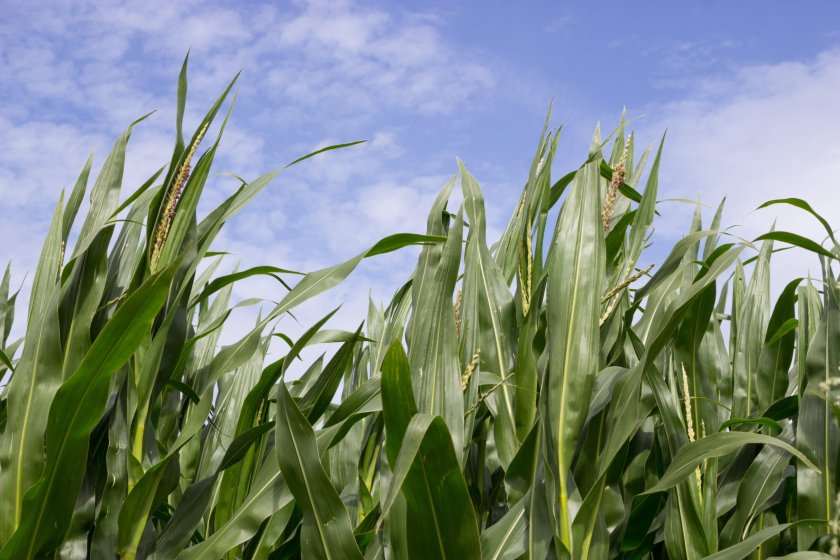
Farmers who grow maize and other 'high-risk' crops in the South West have been warned of enforcement action if measures are not taken to prevent soil-erosion and muddy run-off.
The Environment Agency has launched a campaign to highlight the risks of growing such crops, which can lead to pollution and flooding, in Devon and Cornwall.
Parts of both counties are considered at risk due to underlying soil types, slope and proximity to sensitive watercourses, roads and properties.
The agency said inadequate management of high-risk crops on these soil types could cause serious flooding and pollution, affecting nearby properties and wildlife.
These high-risk crops, as classified by Defra, include maize, fodder beet, potatoes and other root vegetables.
Enforcement action could be considered if it was found such measures had not been taken, the Environment Agency warned.
James Wimpress, land management manager for the agency, said the farming industry had made good progress in dealing with problems associated with run-off.
However, he warned that more frequent extreme weather meant that further action must be taken to prevent flooding and pollution in the future.
"We want to raise awareness of how devastating flooding is when exacerbated by the production of high-risk crops in unsuitable locations, so farmers can make more sustainable decisions in line with our changing climate."
By 2025, the Environment Agency aims to create 'climate-resilient places' by ensuring the nation is prepared for flooding, coastal-change and drought.
Field selection for the growing of high-risk crops is key to achieving the agency's aim.
Mr Wimpress said: "If farmers continue to grow high-risk crops in certain locations, they will need to develop site specific measures to prevent soil-erosion and run-off.
"The measures must be resilient to heavy rainfall and periods of prolonged wet weather."
Responding, an NFU spokesperson said investing in and protecting soil health was "crucial to the nation’s farming systems and essential to British food production".
"Healthy soil delivers in reducing flood risk, supporting wildlife habitats and biodiversity, and the sequestration and storage of carbon," the spokesperson added.
"Any proactive advice that can support farmers and land managers in delivering these objectives is welcomed, while also enabling farmers to produce the crops the market requires.
"This should be about an enabling, supportive approach recognising the challenges of producing food alongside farmers protecting their crucial asset, soil."
